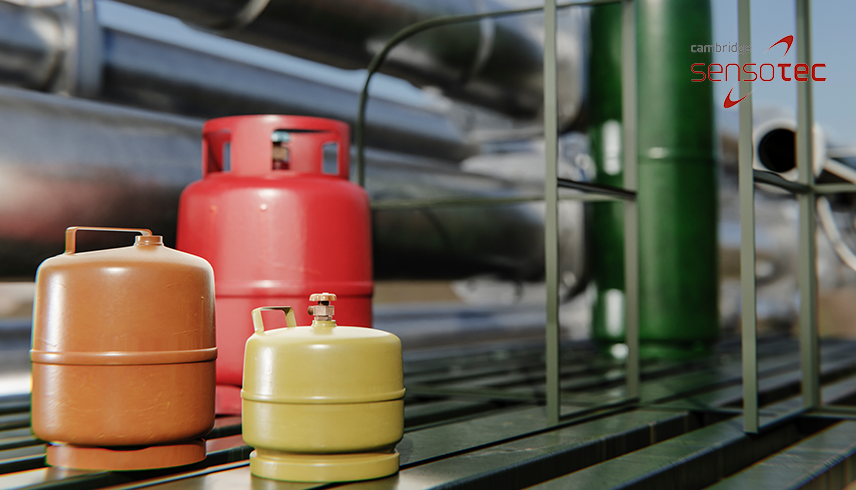

All You Need To Know About Gas Analysis in Renewable Energy
As the world increasingly turns to renewable energy sources to combat climate change and reduce dependency on fossil fuels, the role of precise gas analysis becomes ever more critical. Gas analysis is vital not only in the production and storage of renewable energies but also in ensuring their efficiency and environmental compliance. In this blog, we delve into the essential aspects of gas analysis within the renewable energy sector and how Cambridge Sensotec is at the forefront of these technologies.
Importance of Gas Analysis in Renewable Energy
1. Enhancing Efficiency and Safety in Biogas Production
Biogas, produced through the anaerobic digestion of organic materials, contains various gases, primarily methane and carbon dioxide. Monitoring and analysing the gas composition in biogas plants is crucial for optimizing production efficiency and ensuring safety. Gas analysers can detect impurities like hydrogen sulphide and siloxanes, which can corrode equipment and reduce the quality of the biogas if not properly managed.
2. Ensuring Purity in Hydrogen Fuel Cells
Hydrogen fuel cells, often used in vehicles and other applications to reduce carbon emissions, rely on pure hydrogen to perform effectively and last longer. To ensure the hydrogen is free from contaminants that could degrade the fuel cells and decrease their efficiency, conducting gas analysis is essential.
3. Monitoring Emissions in Geothermal Energy Production
Geothermal plants, which harness the earth’s heat, must monitor and control emissions of gases like hydrogen sulphide and carbon dioxide. Effective gas analysis ensures that these plants meet environmental regulations and operate safely, minimising their ecological impact while maximising output.
Cambridge Sensotec’s Solutions for Renewable Energy
Cambridge Sensotec provides a range of gas analysers that cater specifically to the needs of the renewable energy sector. Our Rapidox series offers solutions for complex gas analysis challenges in environments from biogas plants to hydrogen production facilities.
Key Features:
- Versatility: Able to measure a variety of gases, such as methane, carbon dioxide, and trace gases, our instruments are adaptable to multiple renewable energy applications.
- Accuracy: Our advanced sensors provide precise readings, ensuring that gas compositions are thoroughly understood and controlled.
- Durability: Designed to withstand harsh environments, our gas analysers deliver reliable performance under challenging conditions.
Future Trends
The demand for renewable energy solutions continues to grow, and with it, the need for innovative gas analysis technologies. Future developments may include more integrated sensor systems and smarter analytics capabilities, allowing for real-time data processing and improved operational decisions.
Conclusion
The importance of gas analysis in the renewable energy sector cannot be overstated. As the industry evolves, Cambridge Sensotec remains committed to providing the most advanced and effective gas analysis solutions, helping to pave the way for a cleaner, more sustainable future.
Engage with Us
Are you involved in the renewable energy sector and looking for advanced gas analysis solutions? Contact Cambridge Sensotec today to learn how our products can enhance your operations and help you achieve your environmental and efficiency goals.
Reach out to our team now for more information and tailored advice.
Further Reading
To expand your understanding of the role of gas analysis in renewable energy and other applications, we recommend exploring the following articles available on our blog:
- Next-Generation Additive Manufacturing Innovations: Explore how advancements in additive manufacturing are pushing the boundaries of industry standards and what role gas analysis plays in these innovative processes.
- Gas Analysis and Regulatory Compliance: Understand the critical importance of gas analysis in meeting stringent regulatory requirements across various industries, including renewable energy.


